How about this one: Working on getting to Heaven?
Where Are We All Headed?
I am currently reading The Urgency of the New Evangelization: Answering the Call by Ralph Martin, (OurSundayVisitor, 2013).
Martin wants us to understand now – not later – that whatever the prevailing culture tells us, hell is real and we are all going there if we don’t wake up to the Truth – not some ‘tolerant’ and ‘relative’ version of it.
“Out of His profound compassion God reveals to us the ways that lead to life and death. We neglect them at our eternal peril. And not to tell the truth to those we love is to be guilty of a genuine lack of compassion.”
The world around us wants us to believe that God doesn’t exist, and His commandments don’t apply to us anymore. (Code for 'don't tell me what to do - I don't want to behave myself.')
We Christians are becoming increasingly marginalized, and branded at best as irrelevant, at worst as ‘intolerant’ and indulging in ‘hate speech.’
“As Christian culture collapses and we again face a situation that has more in common with the early Church than anything we’ve known in our lifetime, the words of the early Church become more and more meaningful and applicable.” (My italics.)
In 1936 St. Faustina was led through hell by an angel.
Among the terrifying sights she beheld were the “special tortures destined for particular souls. These are the torments of the senses. Each soul undergoes terrible and indescribable sufferings, related to the manner in which it has sinned.” And not just temporarily, mark you – this is for all eternity.
She explains further, “I am writing this at the command of God, so that no soul may find an excuse by saying there is no hell, or that nobody has ever been there, and so no one can say what it is like…I noticed one thing: that most of the souls there are those who disbelieved that there is a hell.” (My italics.)
St. Catherine of Siena was also given a vision of hell and God told her that those in hell “see the devil as he really is – more horrible than the human heart can imagine. ….Even with all you have seen you do not really know how horrible he is.”
By giving into sin and the devil’s deceptions and lies we gradually become as extreme in ugliness and horror as he is and ready to join him in hell.
Unlike what the world today wants us to believe, there is no glamor in evil, no beauty in perversion and no happy ending for those of us who persist in sin and lies.
Who then Can Be saved?
(See also my post Divine Mercy Sunday. Jesus is desperate for us to repent and ask forgiveness before it is too late.)
Martin points out how the devil has turned the current emphasis on God’s mercy to his own evil purposes. Focusing only on the merciful side of God, and forgetting the consequences of sin and lack of repentance, “some people have, mistakenly, gotten the impression … that sin is no big deal and that God in His mercy will never allow anyone to be lost. This is not at all … what the Lord showed to Faustina.”
This way of thinking has resulted in “a dangerous presumption on God’s mercy” which is also a sin.
As St. Paul tells us, we “must obey the truth” – The Truth, not some twenty-first century ‘progressive’ version of it. “He will pour out his anger and wrath on those who live for themselves, who refuse to obey the truth and instead live lives of wickedness. (Rom. 2:8)”
However, St. Paul says “He will give eternal life to those who keep on doing good, seeking after the glory and honor and immortality that God offers (Rom. 2:7)”
God longs to offer us His mercy, but can only do so if we ask for it with a repentant heart and the determination not to sin anymore.
Yes, we will fall – time and time again – but we have to get up time and time again and ask for God’s forgiveness with a penitent and humble heart.
We cannot approach God with the attitude that He somehow ‘owes us.’ He owes us nothing – His mercy is a free gift which we cannot earn. He wishes to give it to us, but we have to ask properly for it, with humility and an awareness of our human failings.
If you recall, Lucifer refused to fulfill those conditions, and look where that got him.
The additional good news is, says Martin, that “The Father tells Catherine that (our loved ones who are) already with Him continually intercede for us who are still on the journey and that the Father will do everything to answer their prayer ‘provided only that you do not foolishly resist my mercy.’” (My italics.)
 The end will come like a thief in the night ....
The end will come like a thief in the night .... What to Choose?
Consider what Martin writes here:
“It’s interesting to note how the Father shows Catherine that as each person dies they actually rush to where they want to be. In a very real way each person chooses their own destiny over the course of a lifetime and at the moment of death embraces what has truly become their choice.”
I know where I want to spend eternity. How about you?
It makes us desperately want to warn our loved ones, doesn’t it? Like the rich man in hell who wanted Abraham to warn his five brothers so they not end up like him.
"Abraham replied, 'They have Moses and the Prophets; let them listen to them.' (Luke 16:29)”
Let's heed the warnings in the Bible – those Basic Instructions Before Leaving Earth – before it’s too late for us, as well!
Here are a few excerpts from the book's impressive endorsements. They may help you better understand what the book is about and how powerful its message is.
“Ralph Martin masterfully develops a biblically based summons to the critical work of evangelizing, a work on which depends the very salvation of countless souls.” Monsignor Charles Pope, pastor, blogger and Our Sunday Visitor columnist.
“(Ralph Martin) effectively establishes that the primary reason for the urgency of the New Evangelization is that the eternal destinies of people we love – indeed all people – are at stake.” Janet Smith, who holds the Father Michael J. McGivney Chair of Life Ethics at Sacred Heart Major Seminary.
“After reading it, you are called to decision.” Gavin D’Costa, Professor of Catholic Theology, University of Bristol.
“The book will be of particular value to the laity, many of whom continue to believe that the duty to evangelize falls mainly on the clergy and religious. Martin shows … the error of this view.” Colin Donovan, S.T.L., Vice President for Theology, EWTN.



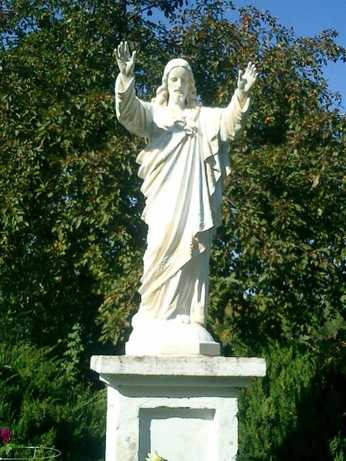

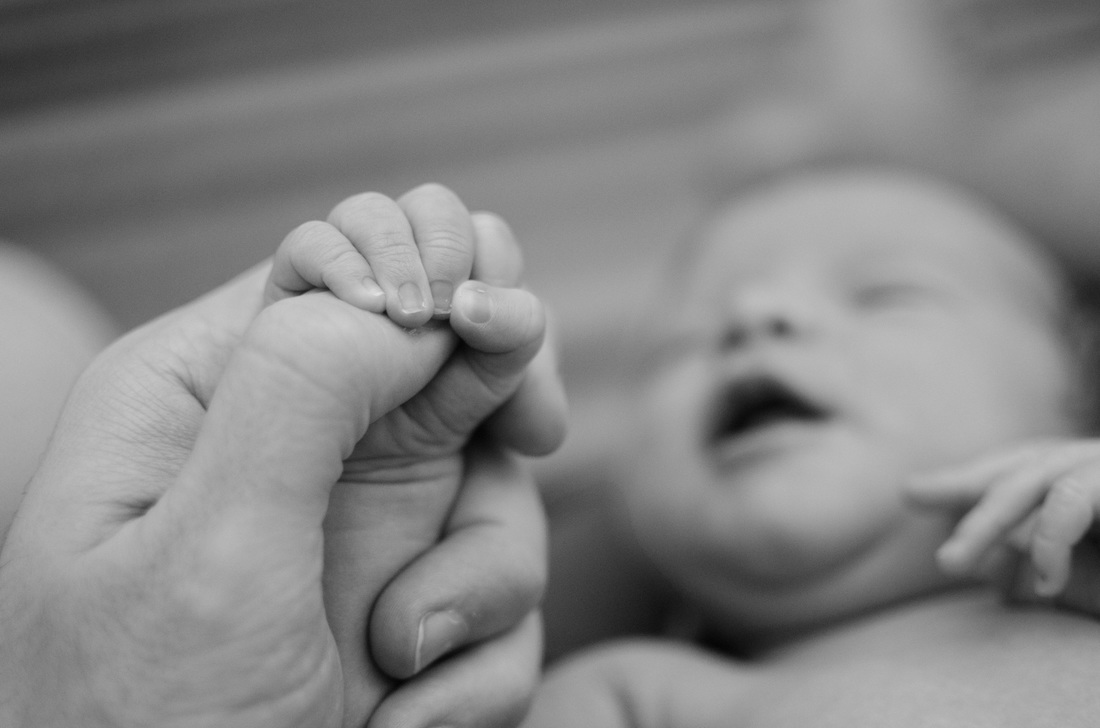
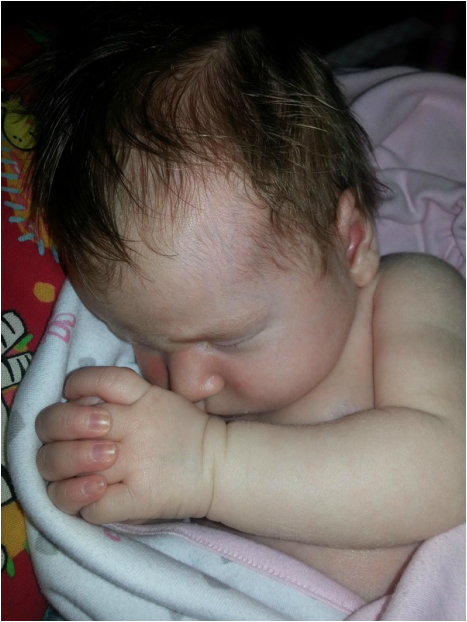
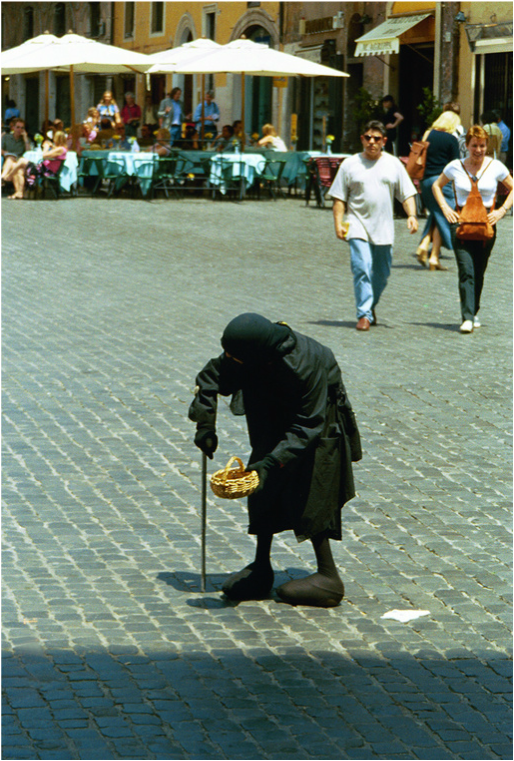
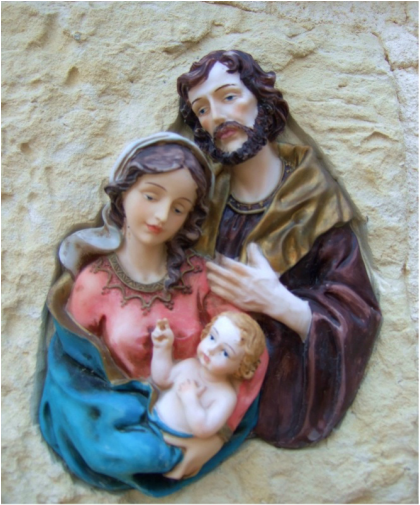
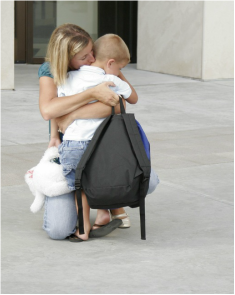
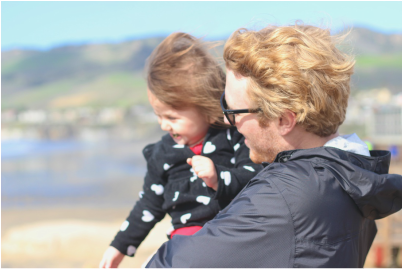
 RSS Feed
RSS Feed